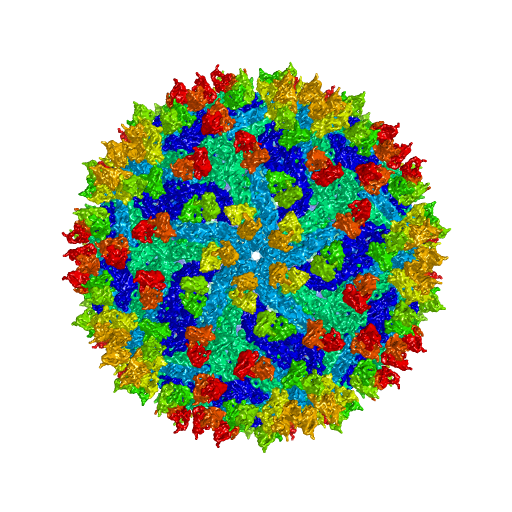Amid the COVID-19 pandemic, it may seem pointless to worry about a disease transmitted by mosquitos. Still, viruses don’t wait in line for their turn, and the dengue virus infects between 50–100 million people per year. Developing effective therapeutics or vaccines is the key to thwarting this disease and alleviating the suffering of those afflicted. Thankfully, a team of scientists from the University of California, Berkeley, and the University of Michigan has discovered an antibody that blocks the spread within the body of the dengue virus.
Findings from the new study were published recently in Science through an article titled, “Structural basis for antibody inhibition of flavivirus NS1–triggered endothelial dysfunction.”
Currently, there are no effective treatments or vaccines for the dengue virus. Since there are four different strains of the virus, building up antibodies against one strain can actually leave people more vulnerable to subsequent infection from another strain, which makes finding an effective therapeutic more difficult. Scientists using the Advanced Photon Source (APS), a U.S. Department of Energy (DOE) Office of Science User Facility located at the DOE’s Argonne National Laboratory, have reported success.
“Protein structures determined at the APS have played a critical role in the development of drugs and vaccines for several diseases, and these new results are key to the development of a potentially effective treatment against flaviviruses,” noted Bob Fischetti, PhD, a group leader with Argonne’s X-ray sciences division and life sciences advisor to the APS director.
The dengue virus uses a particular protein, called Non-Structural Protein 1 (NS1), to latch onto the protective cells around organs. It weakens the protective barrier, allowing the virus to infect the cell, and may cause the rupture of blood vessels. The research team’s antibody, called 2B7, physically blocks the NS1 protein, preventing it from attaching itself to cells and slowing the virus’s spread. Moreover, because it attacks the protein directly and not the virus particle itself, 2B7 is effective against all four dengue virus strains.
The research team used X-ray diffraction techniques to determine structures of the NS1 protein with a bound antibody (2B7) and showed how the antibody provides protection against the virus. These diffraction images were obtained at the General Medical Sciences and Cancer Institutes Structural Biology Facility (GM/CA) at the APS.

“Flaviviruses infect hundreds of millions of people a year, and tens of thousands die from the associated diseases,” Fischetti added.
The researchers showed that the 2B7 antibody effectively blocks the spread of the dengue virus in live mice. Their findings suggest that this same antibody could provide new treatments for other flaviviruses like dengue, a group that includes Zika and West Nile.
“These observations provide a mechanistic explanation for 2B7 protection against NS1-induced pathology and demonstrate the potential of one antibody to treat infections by multiple flaviviruses,” the authors concluded.


